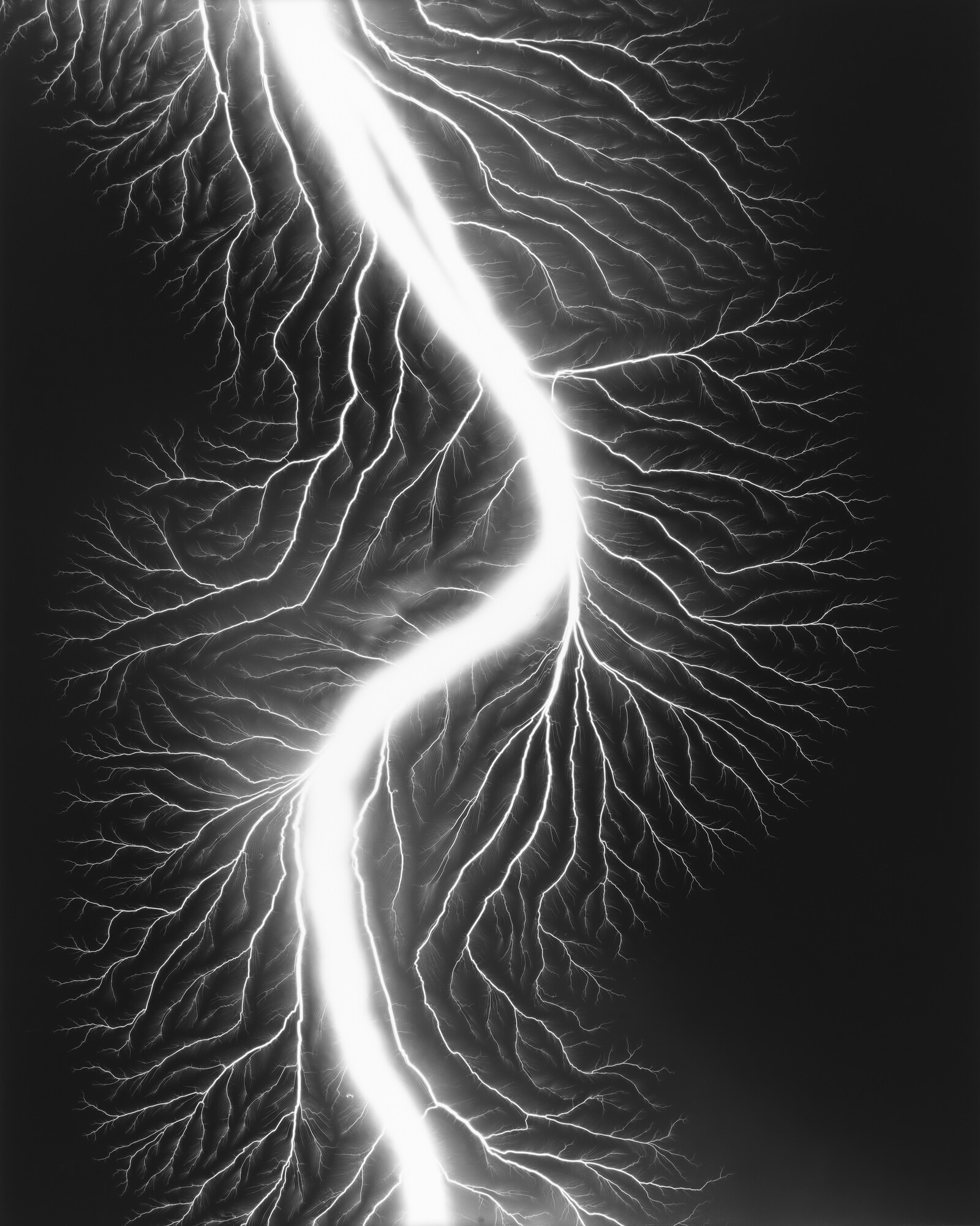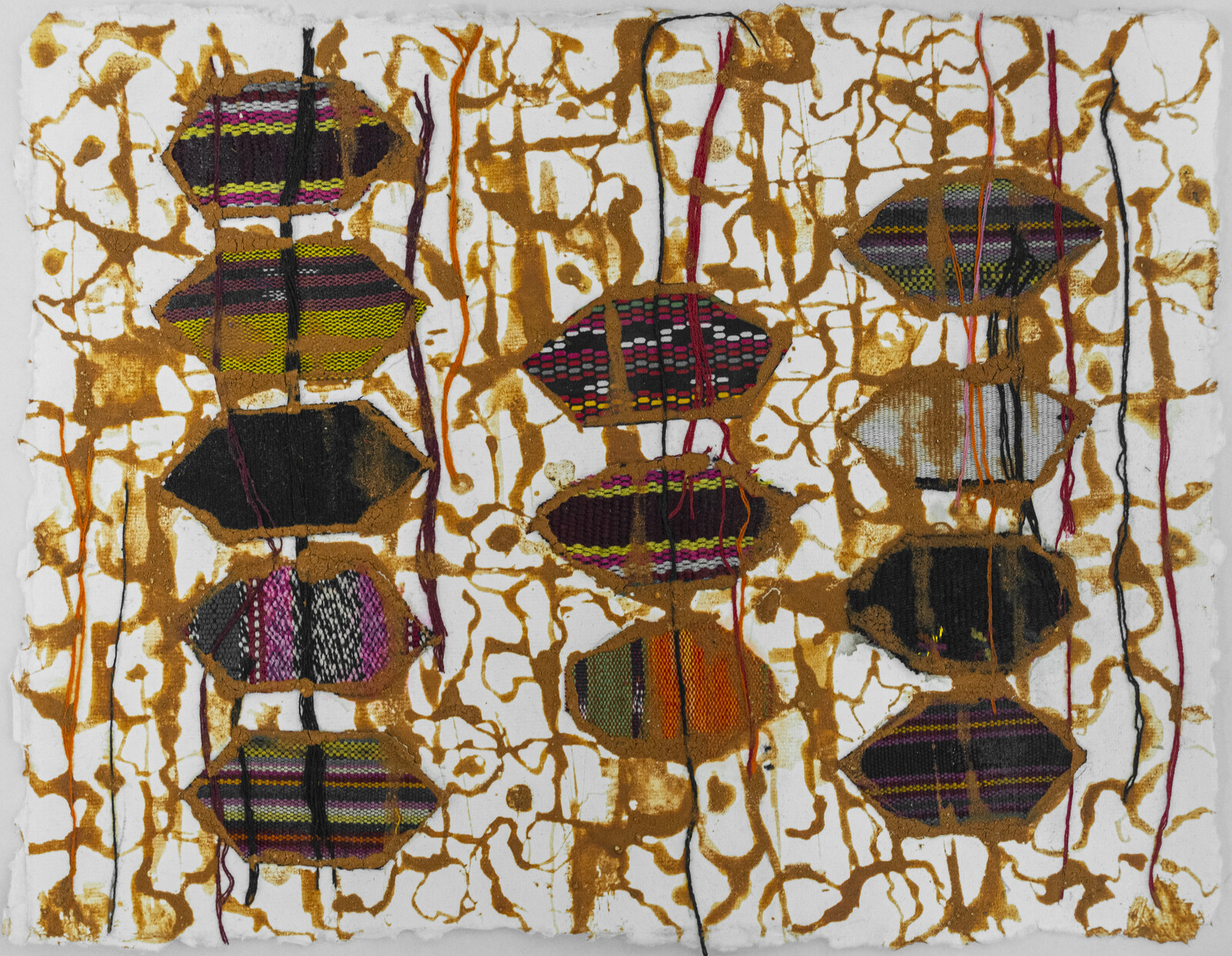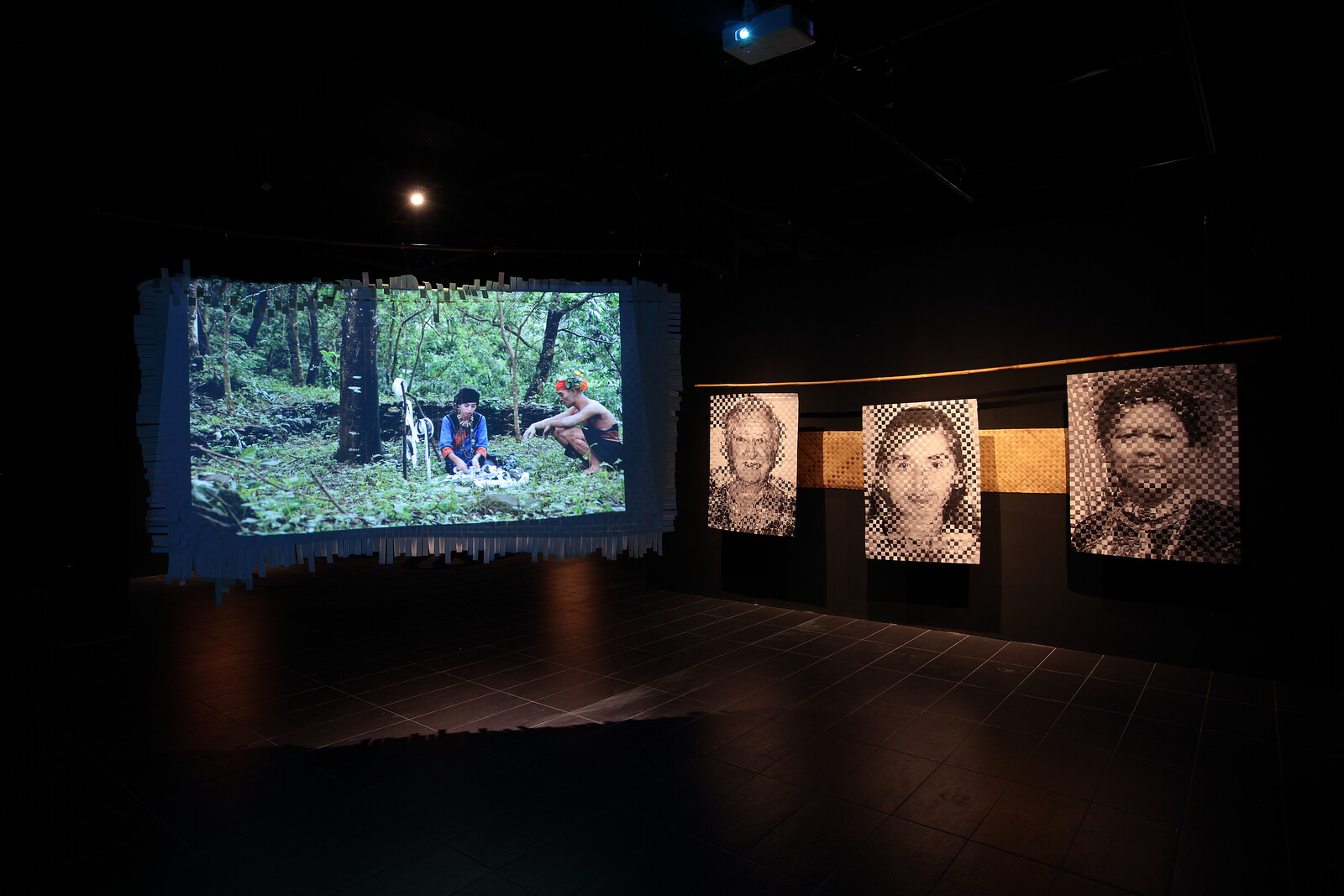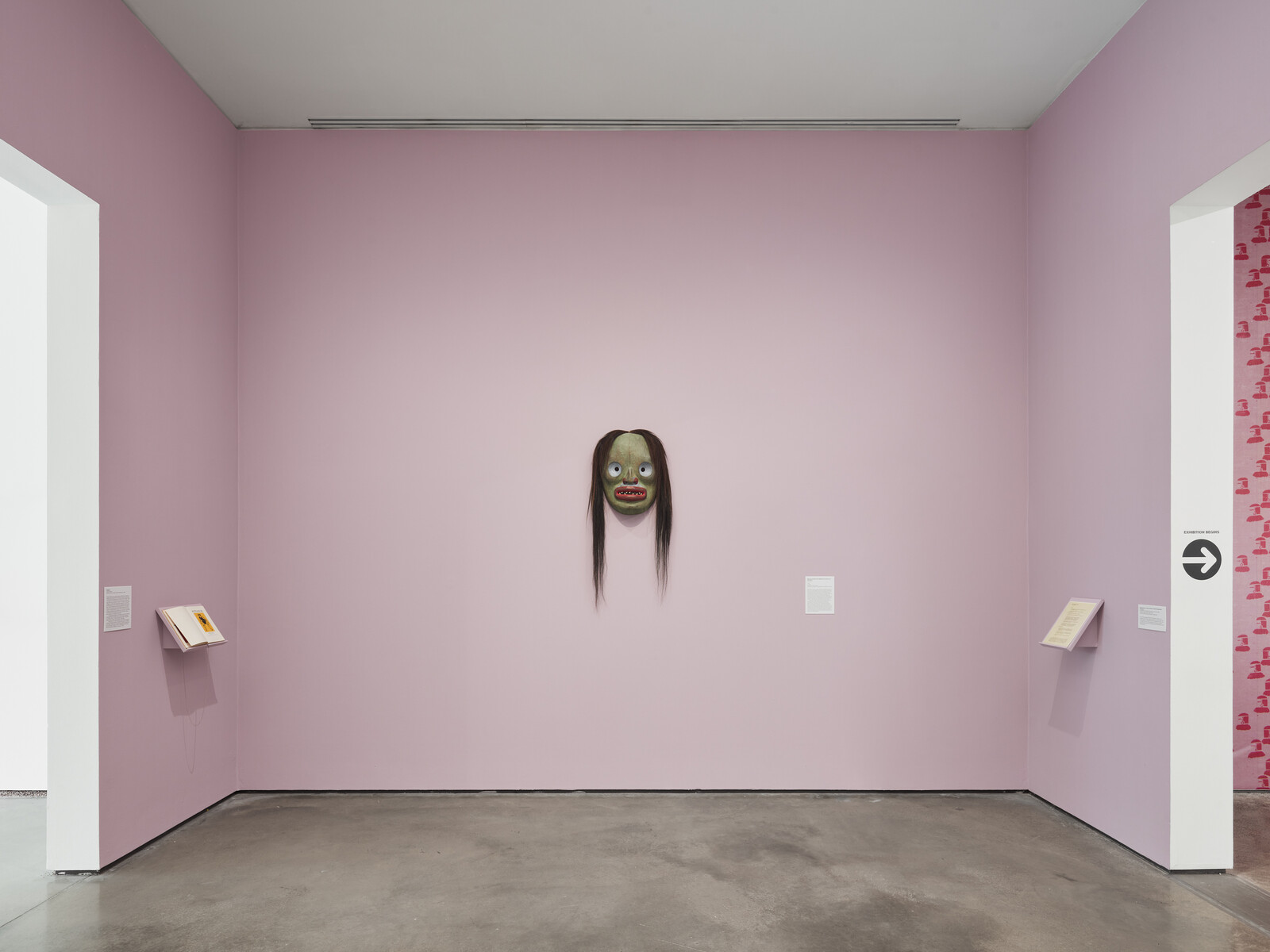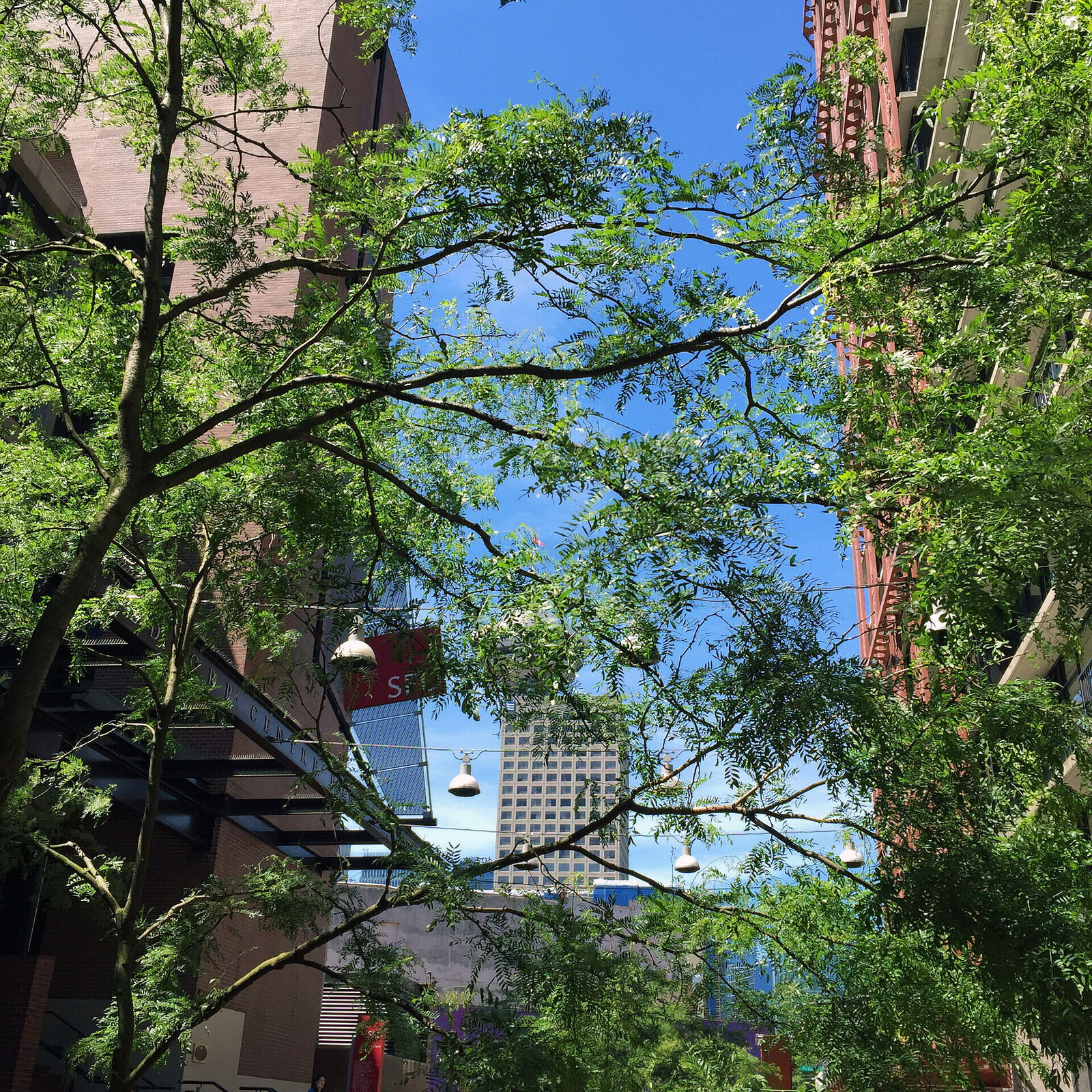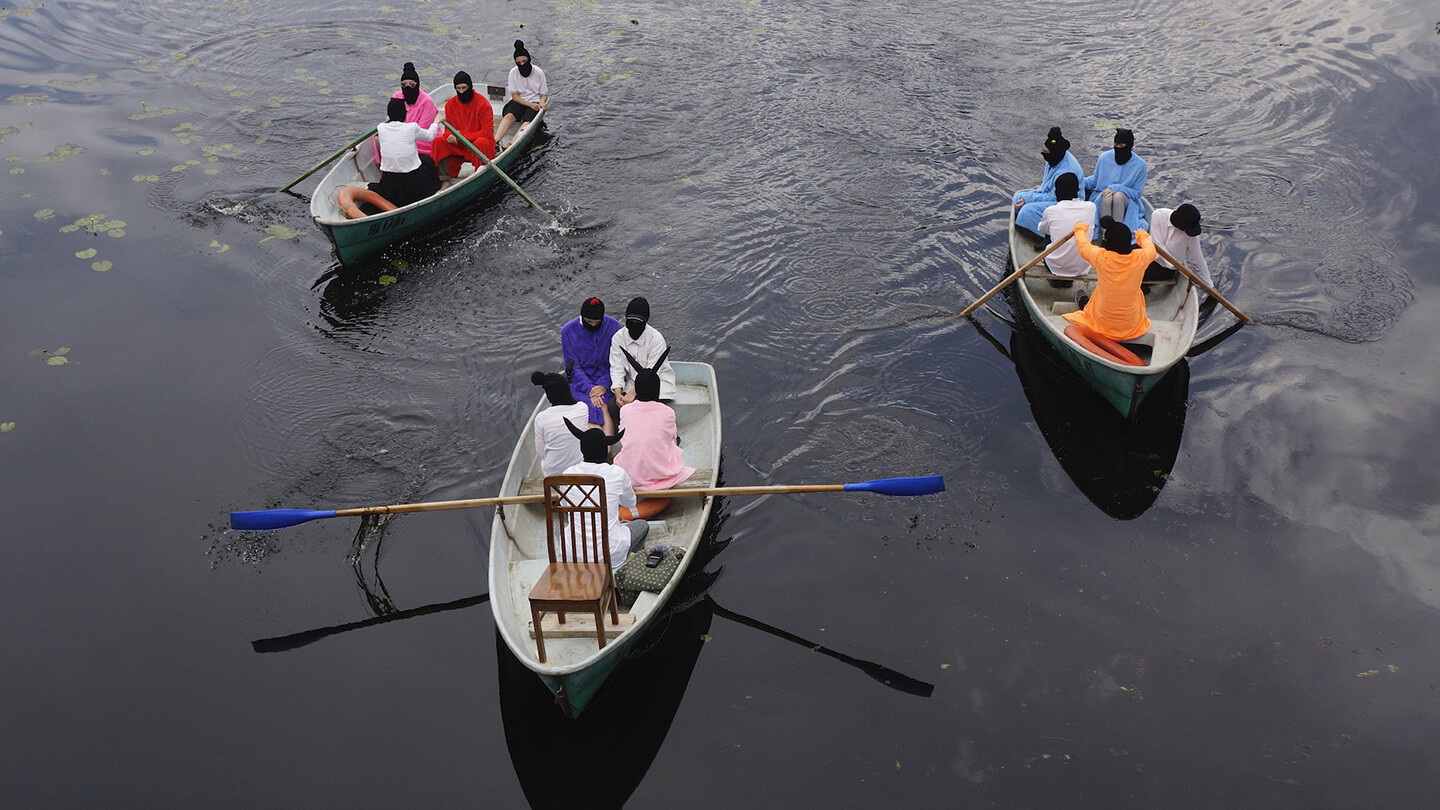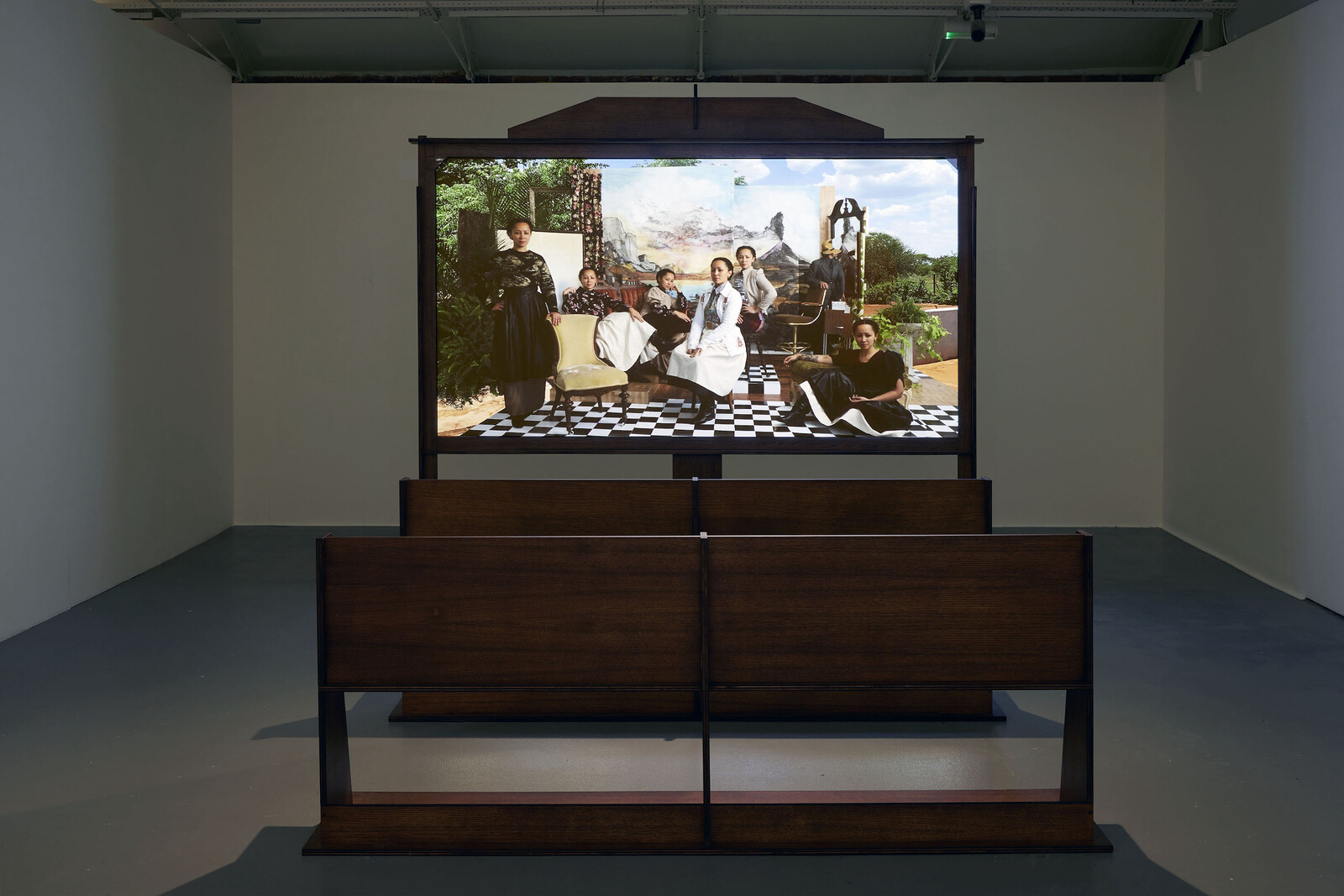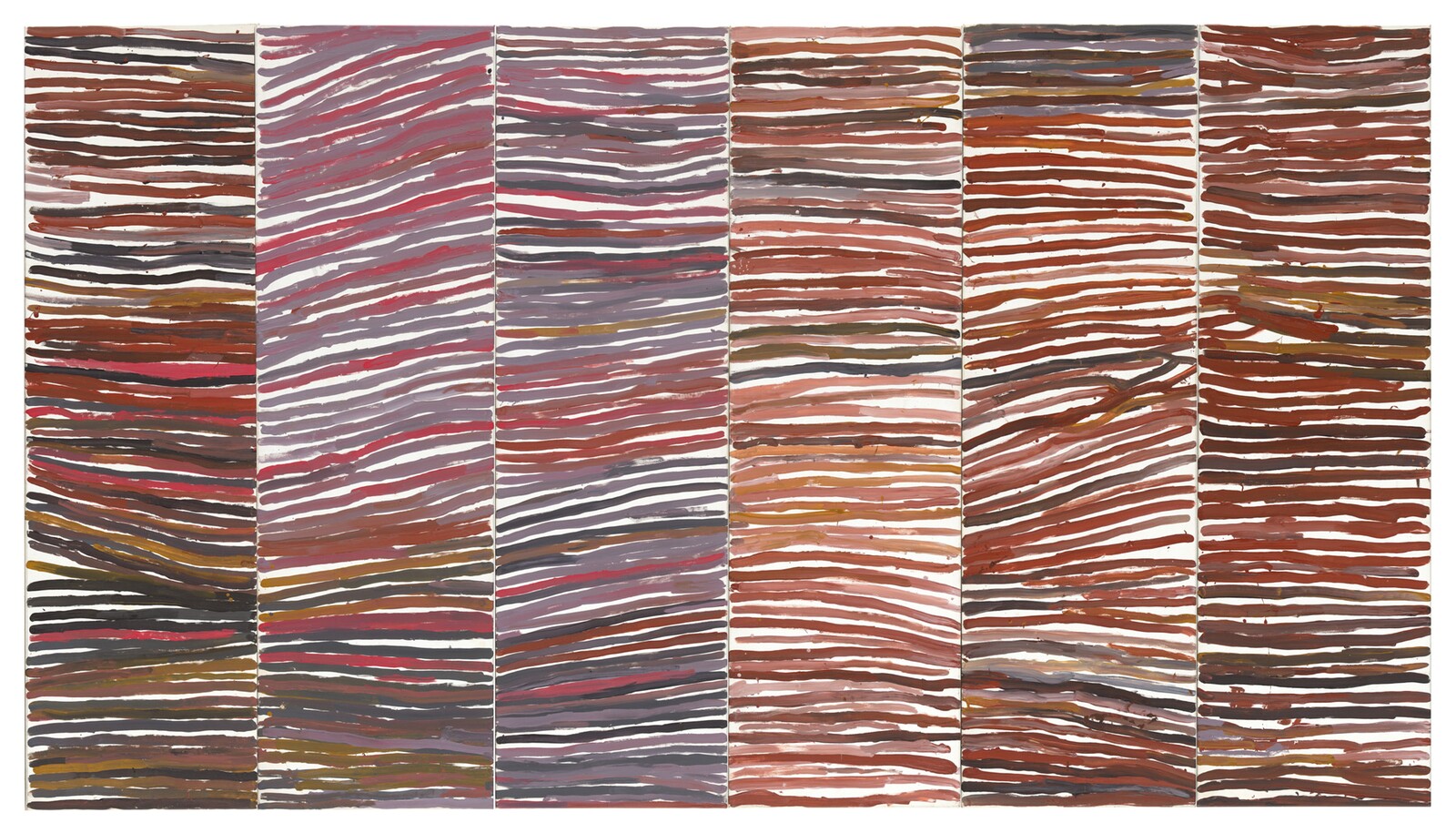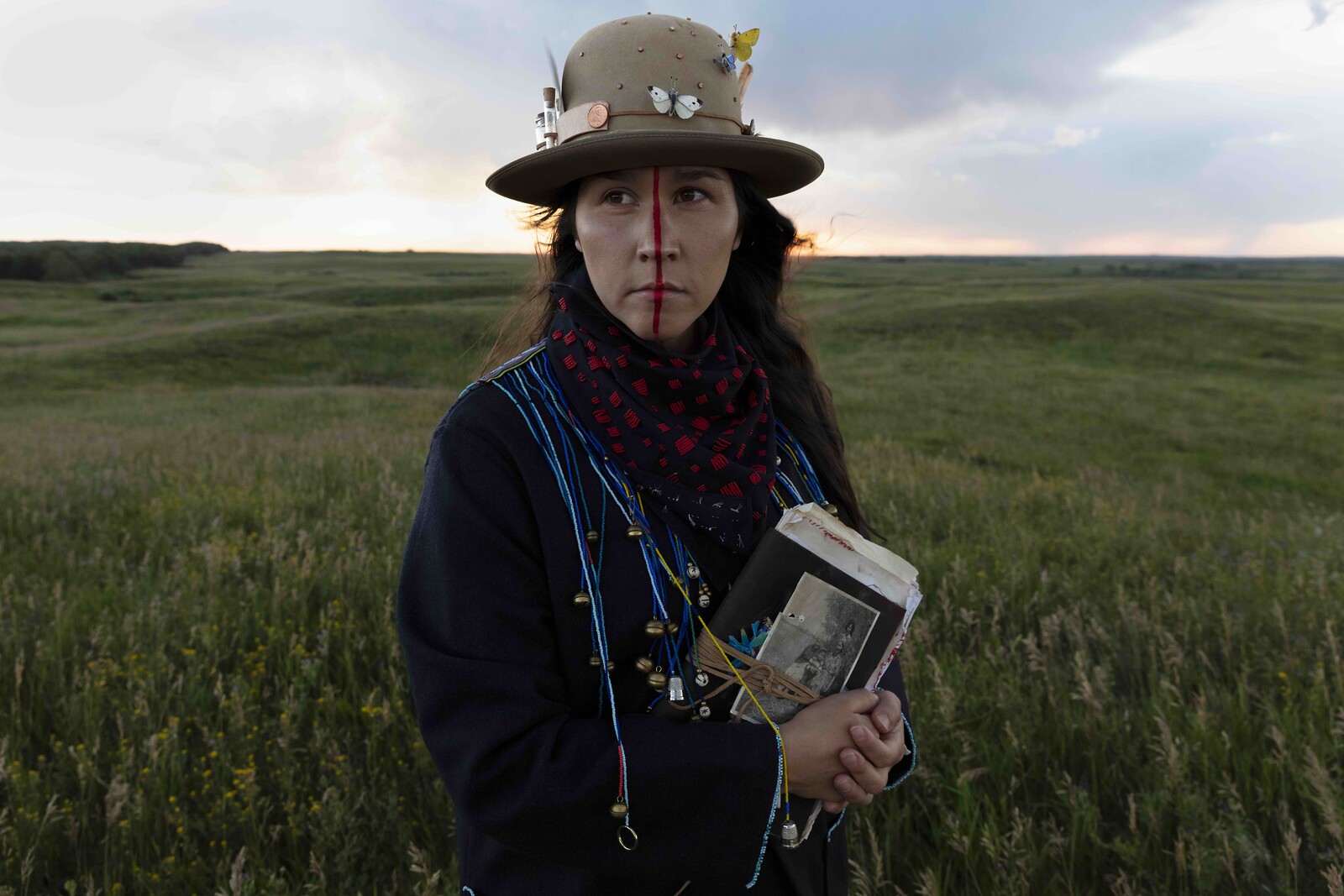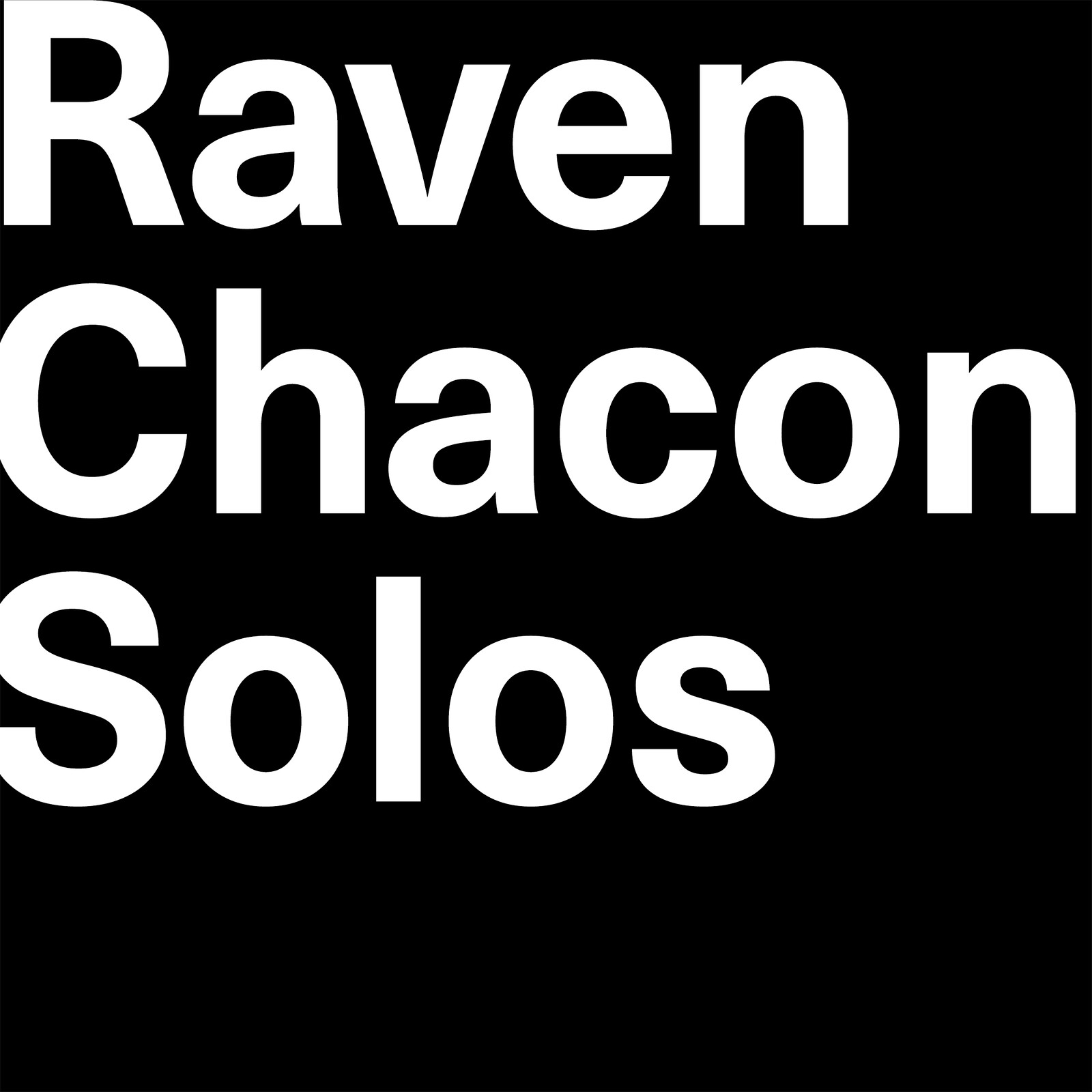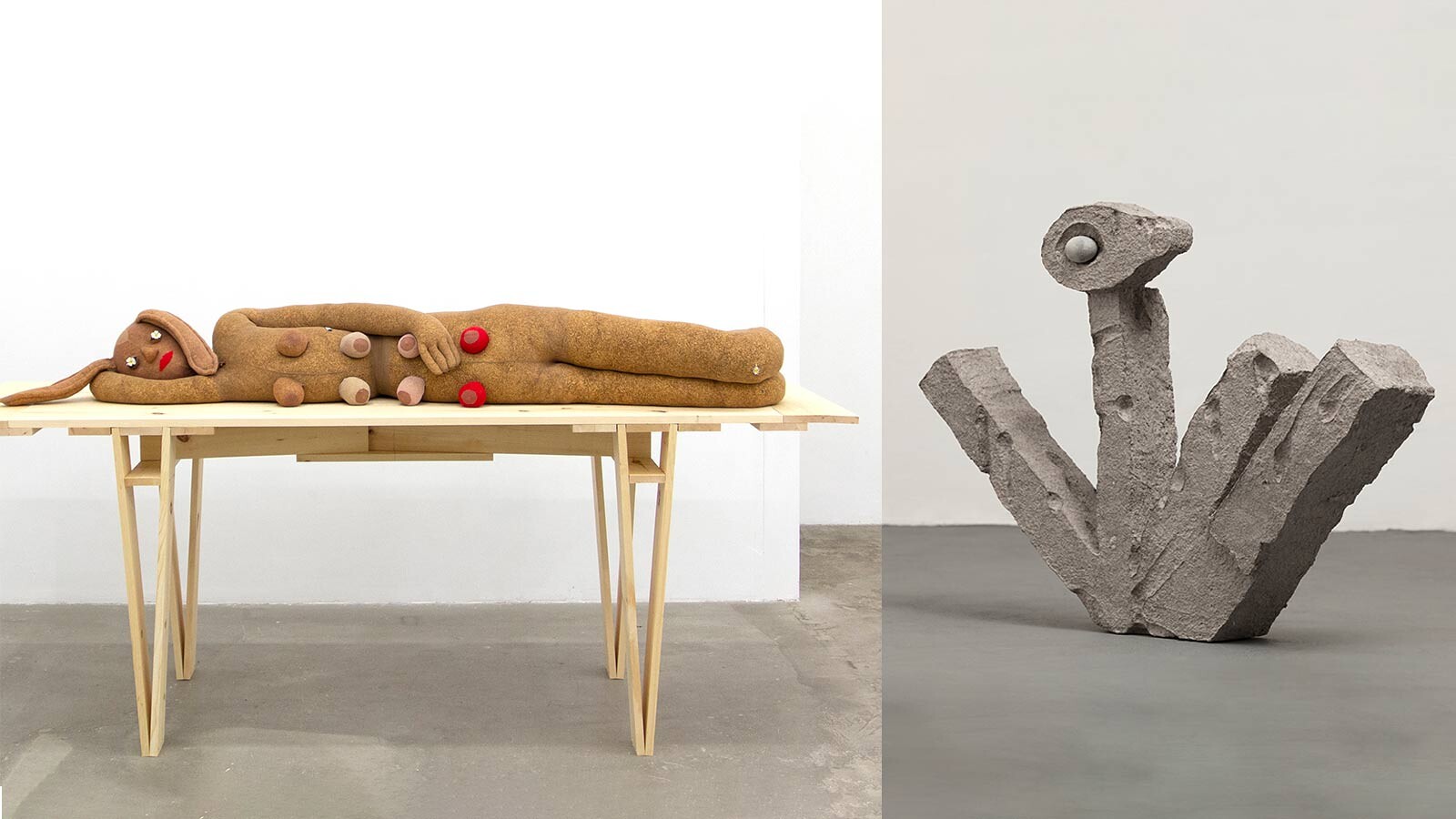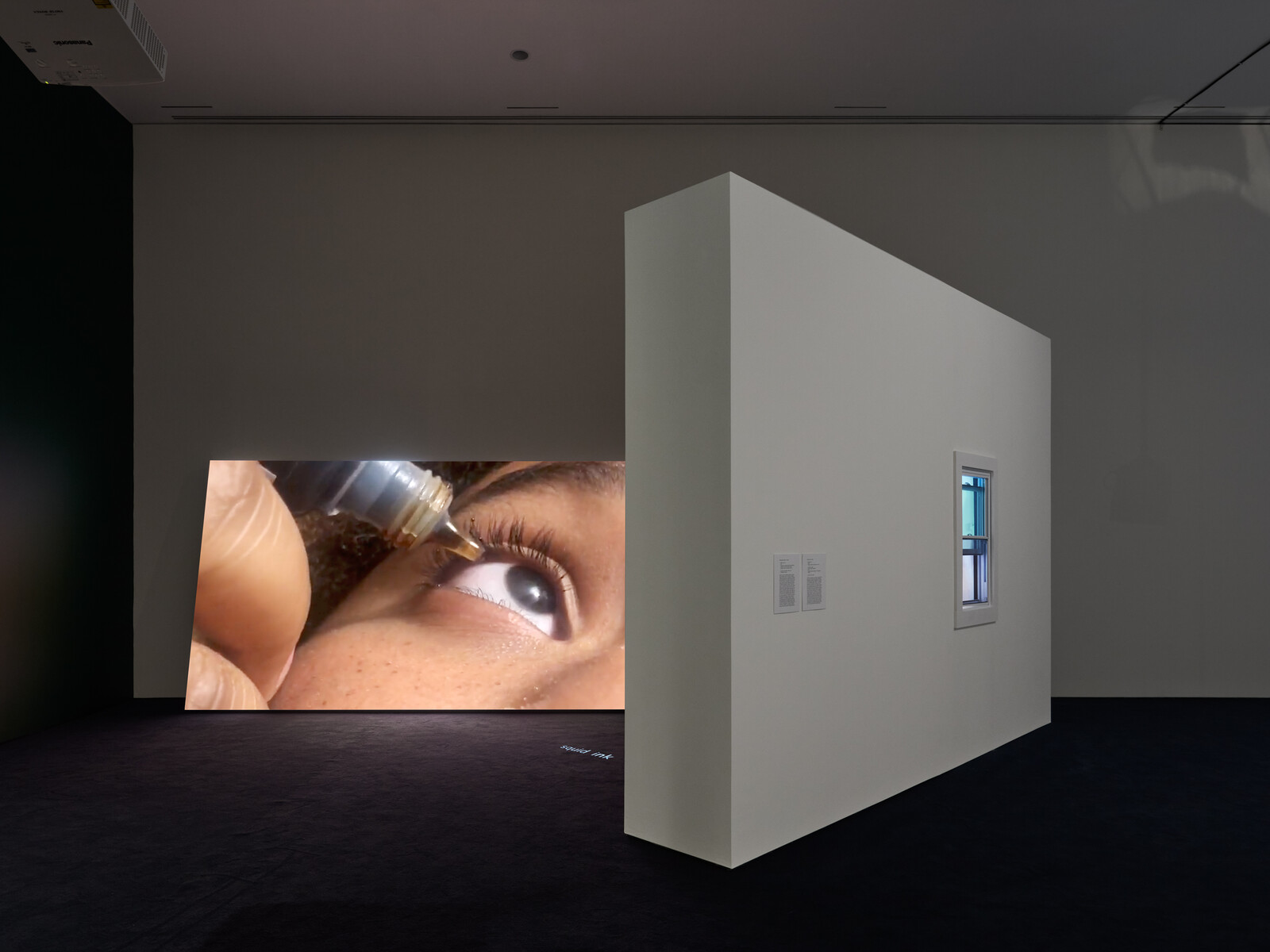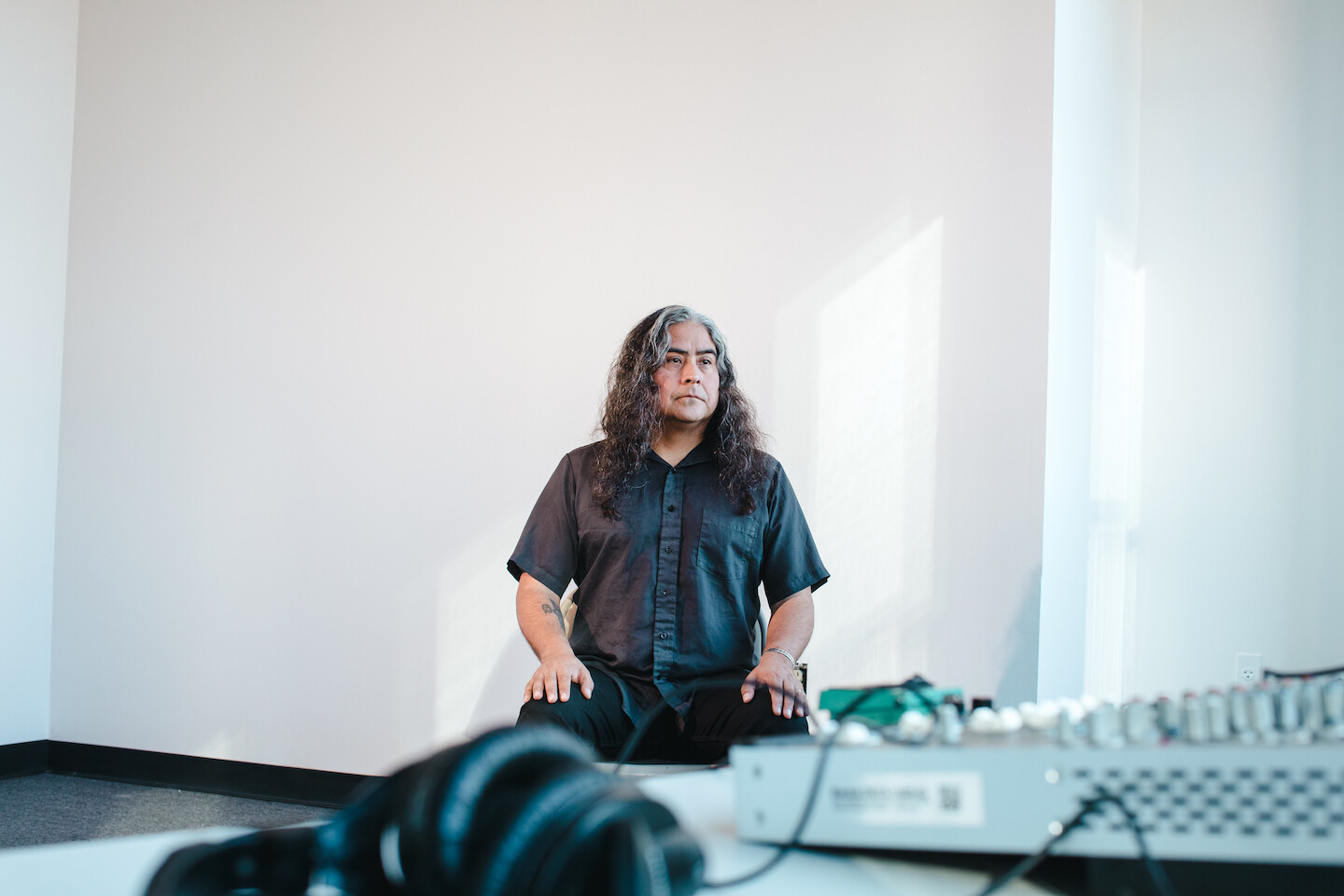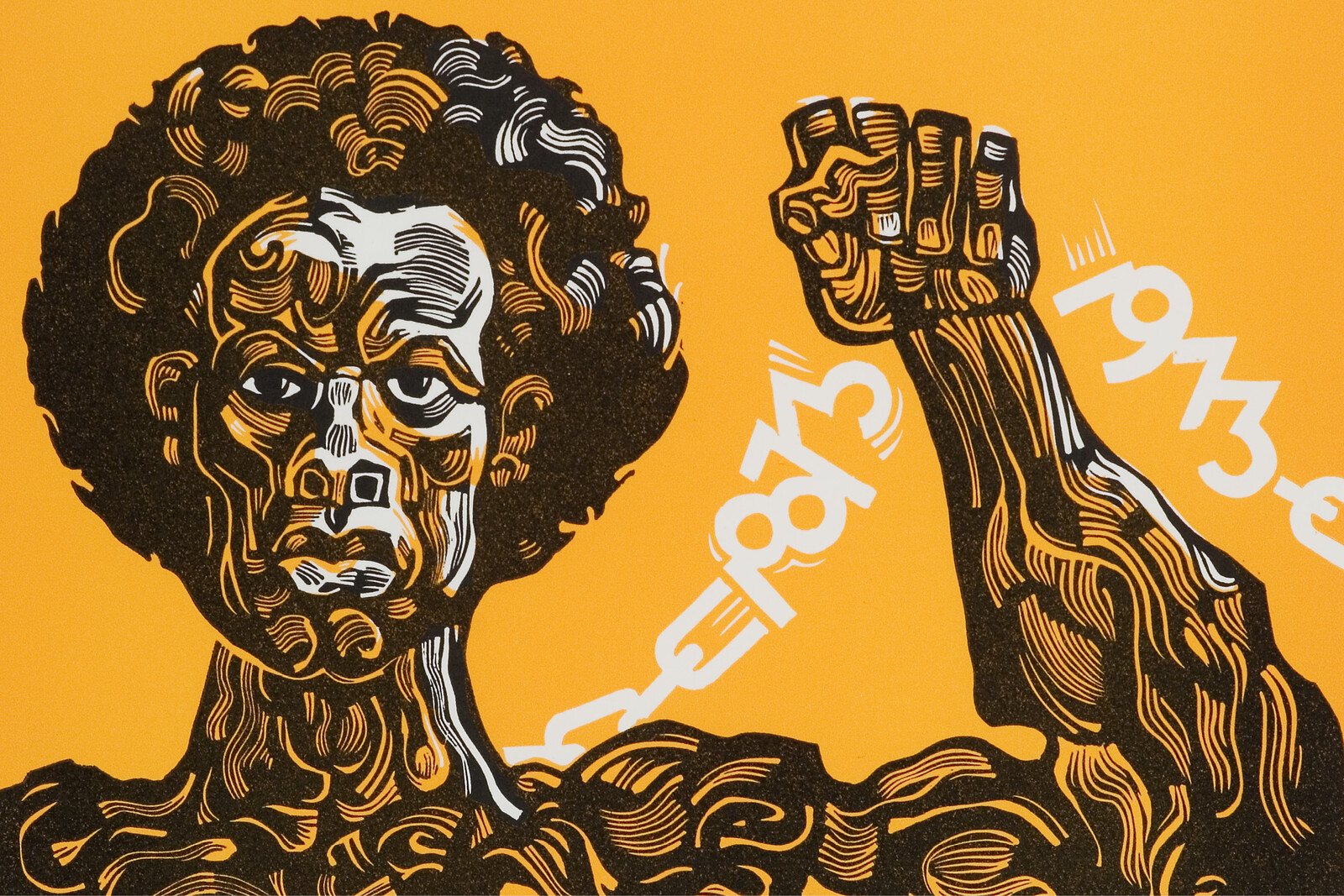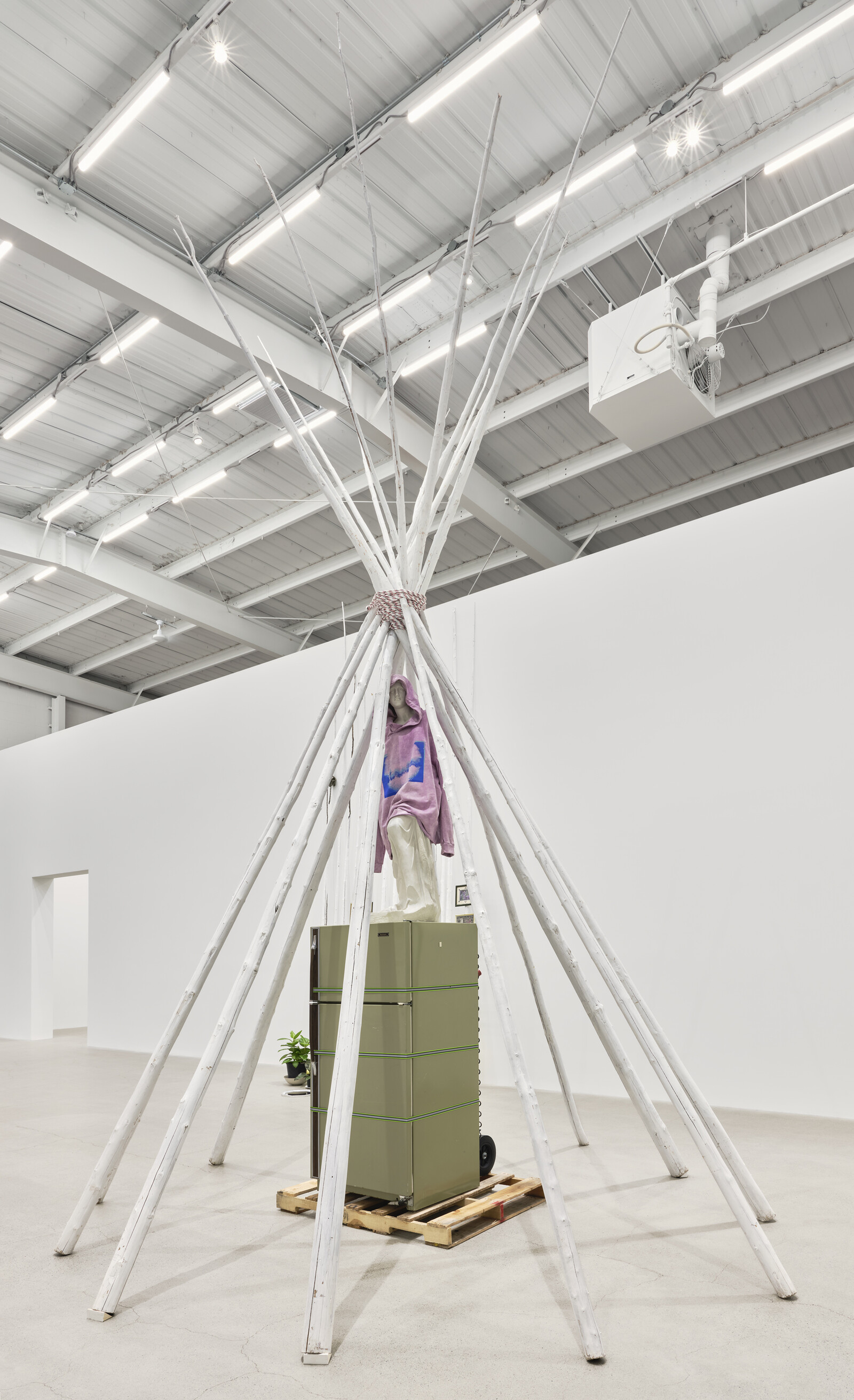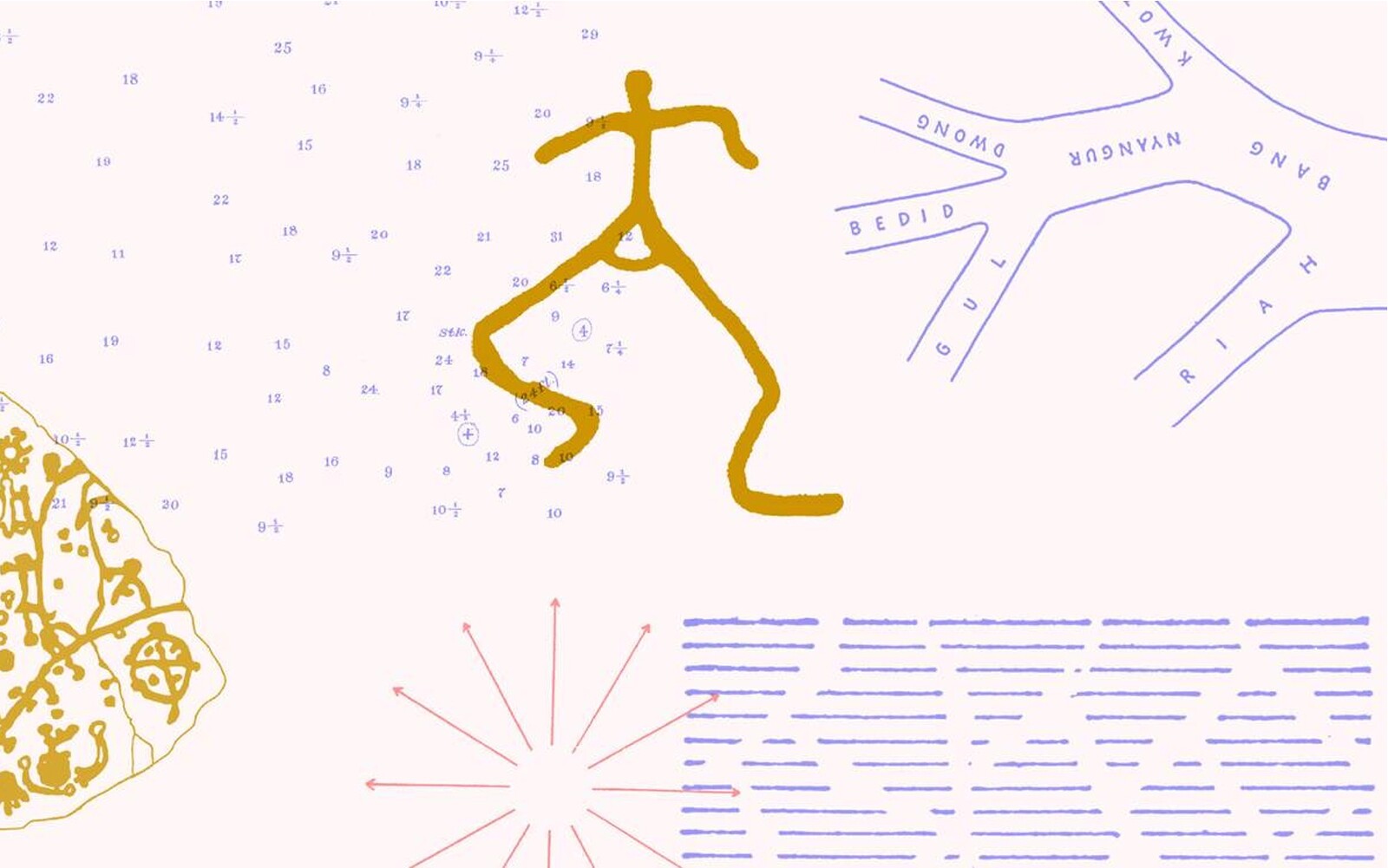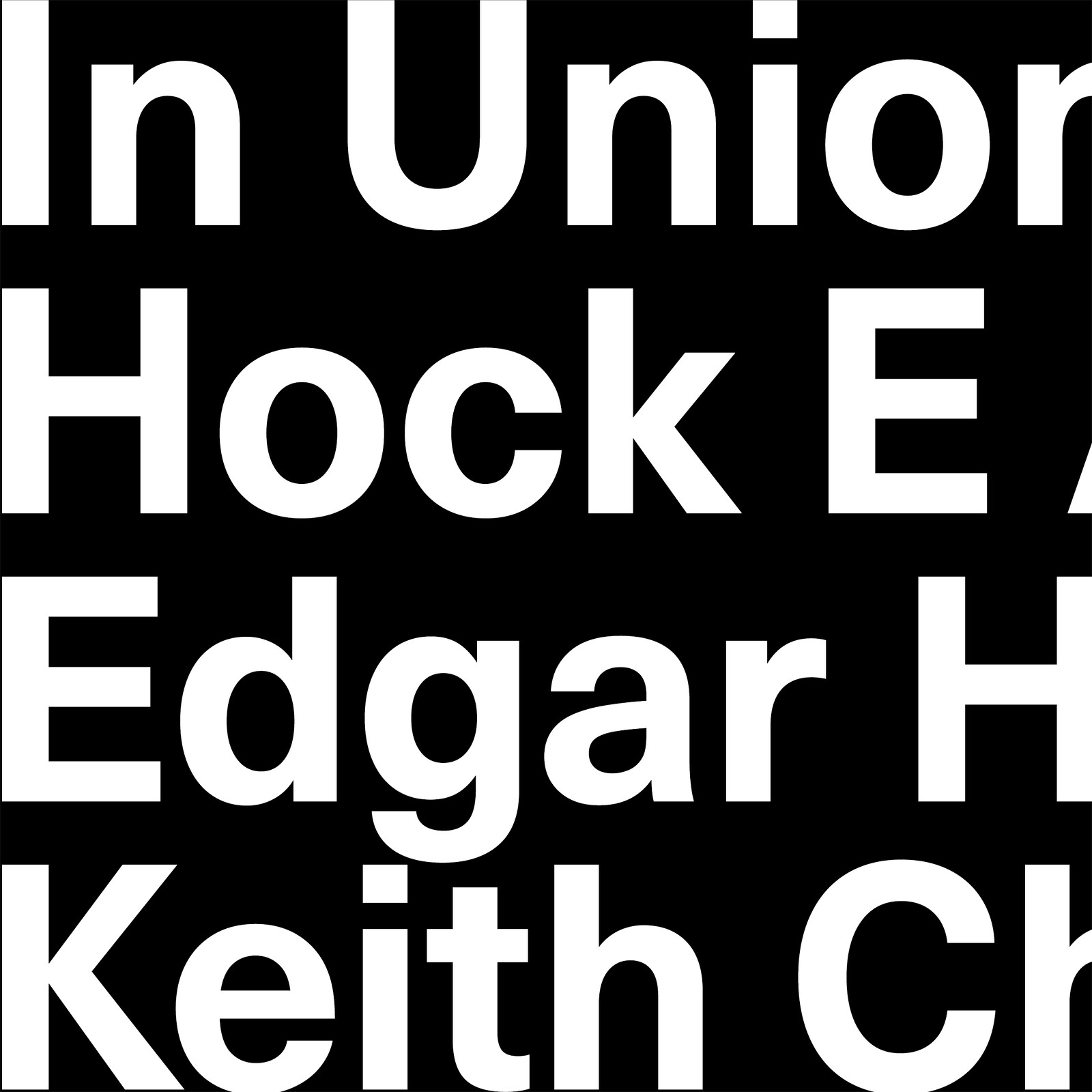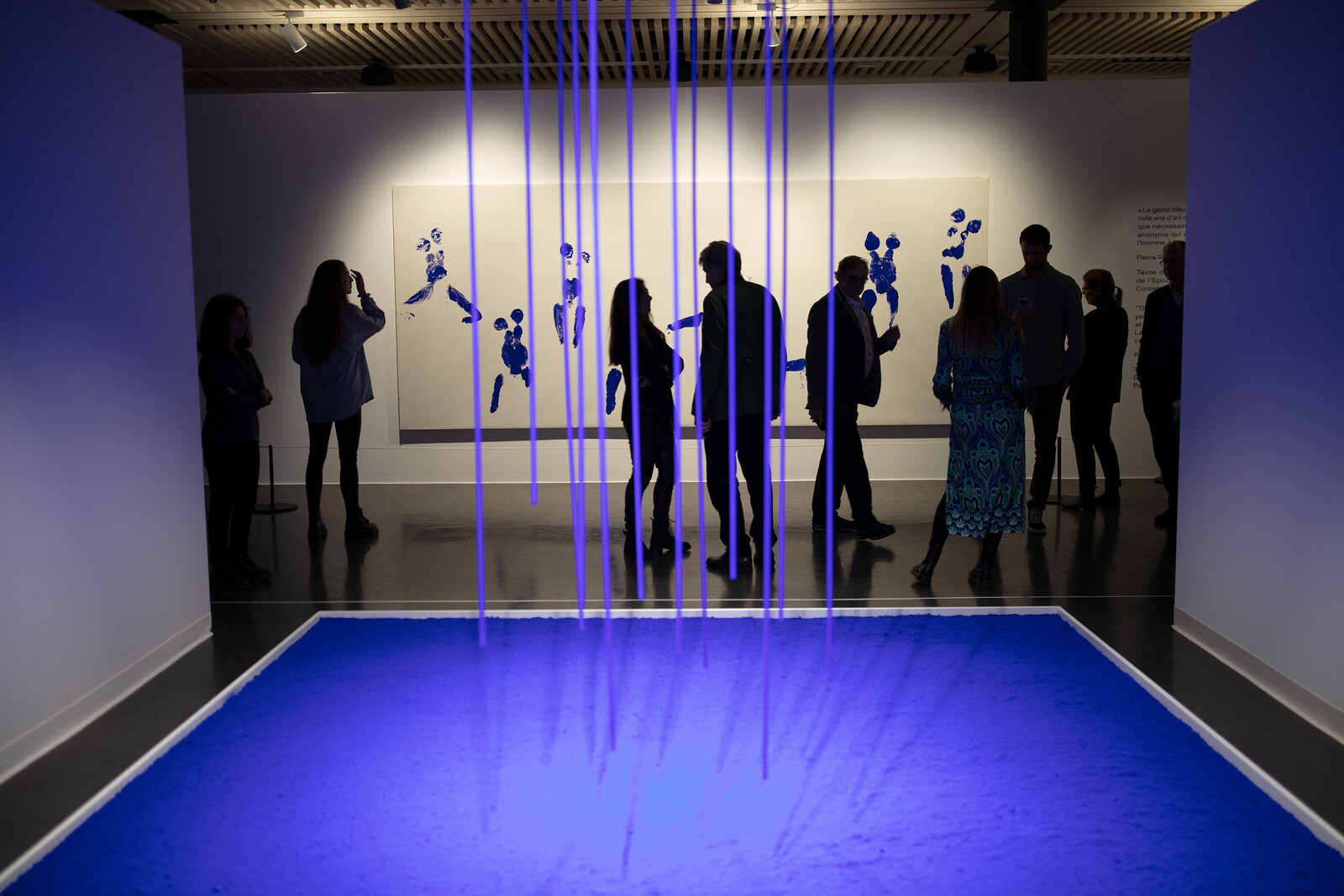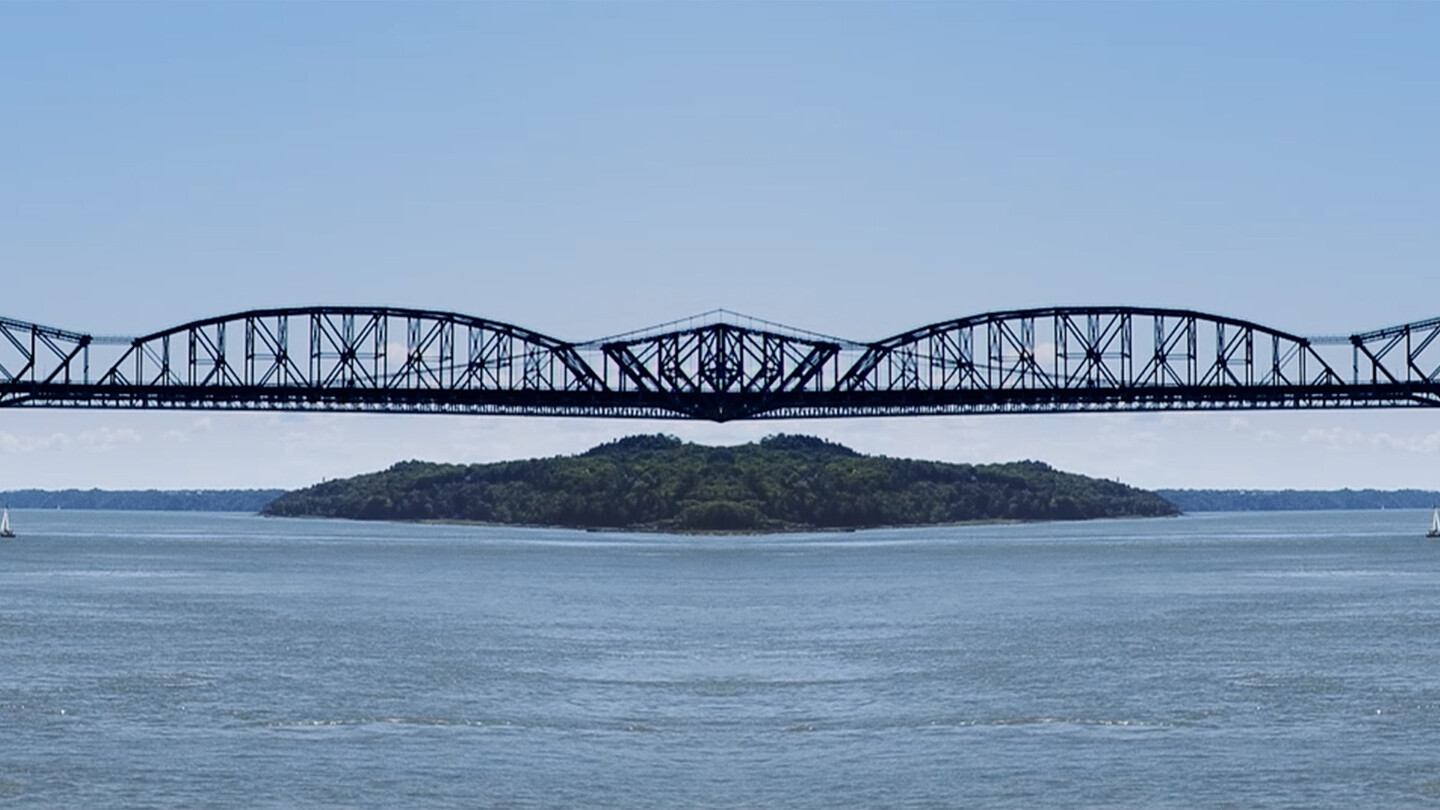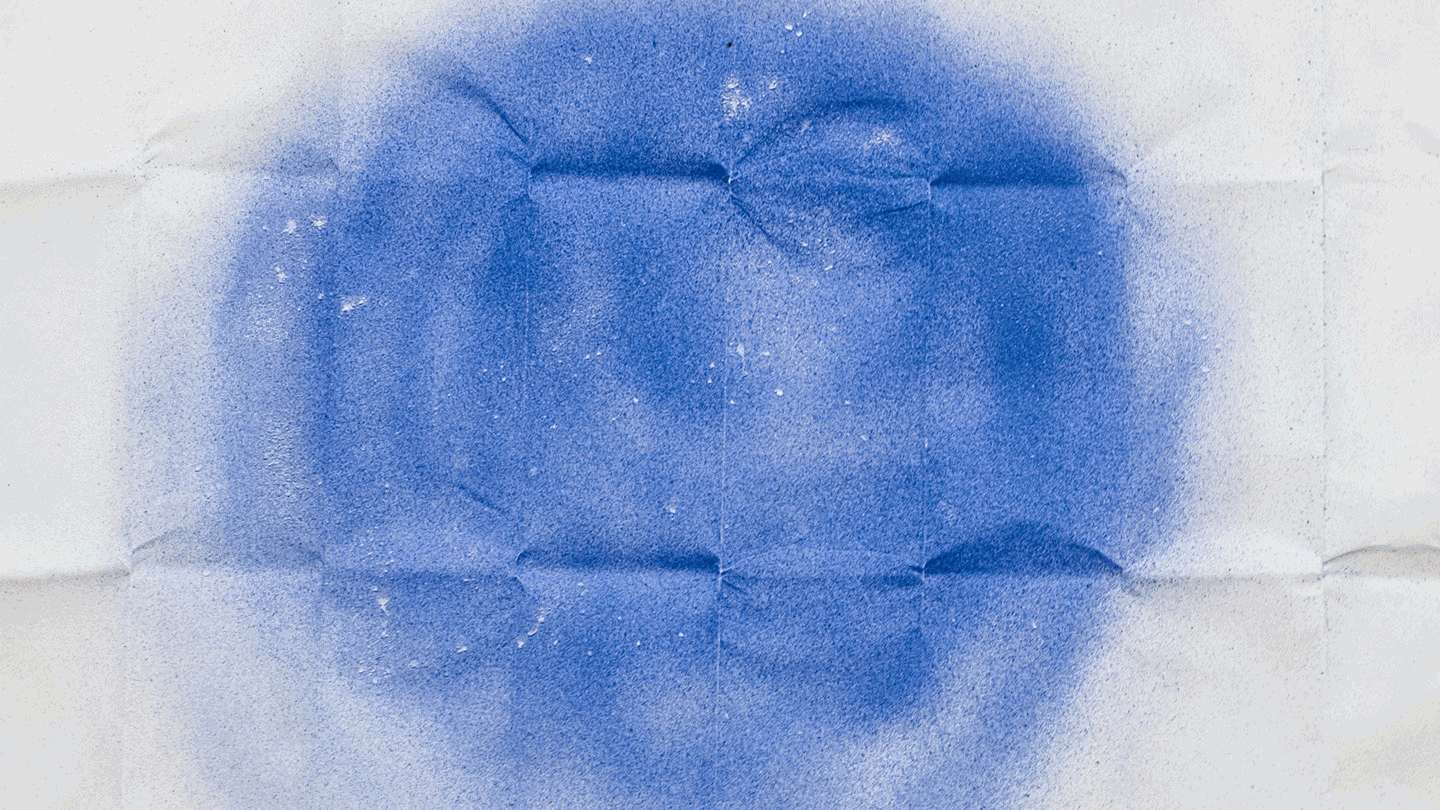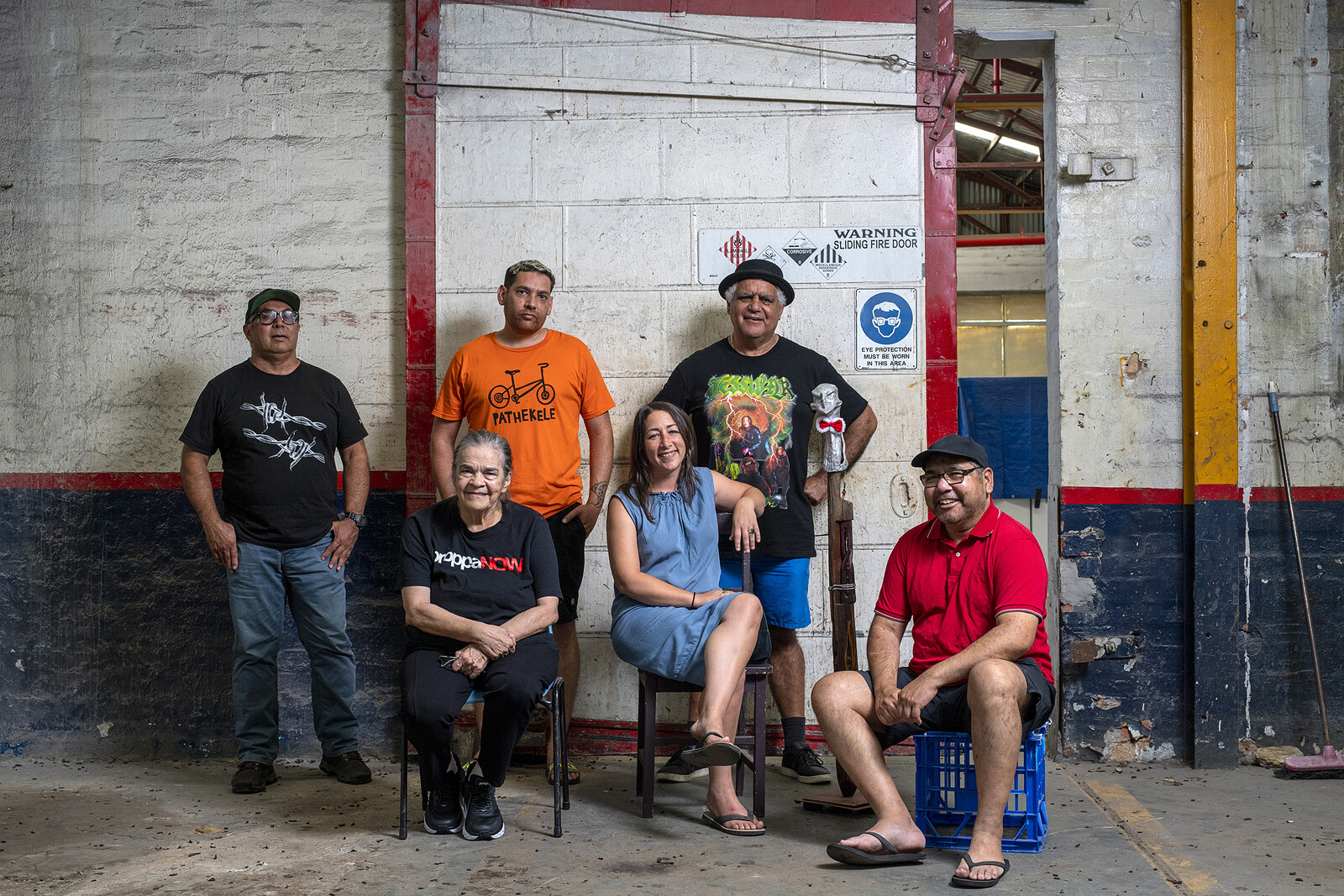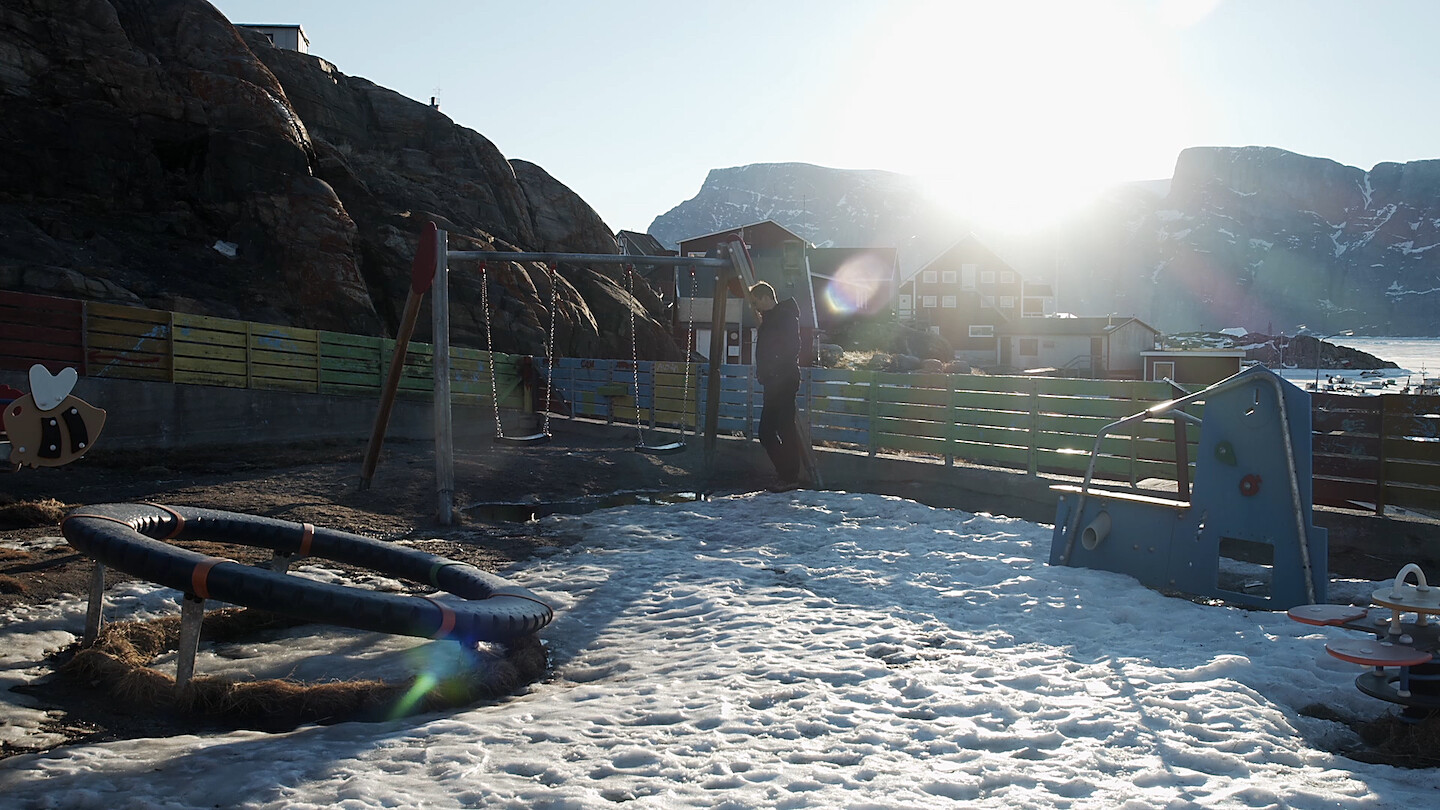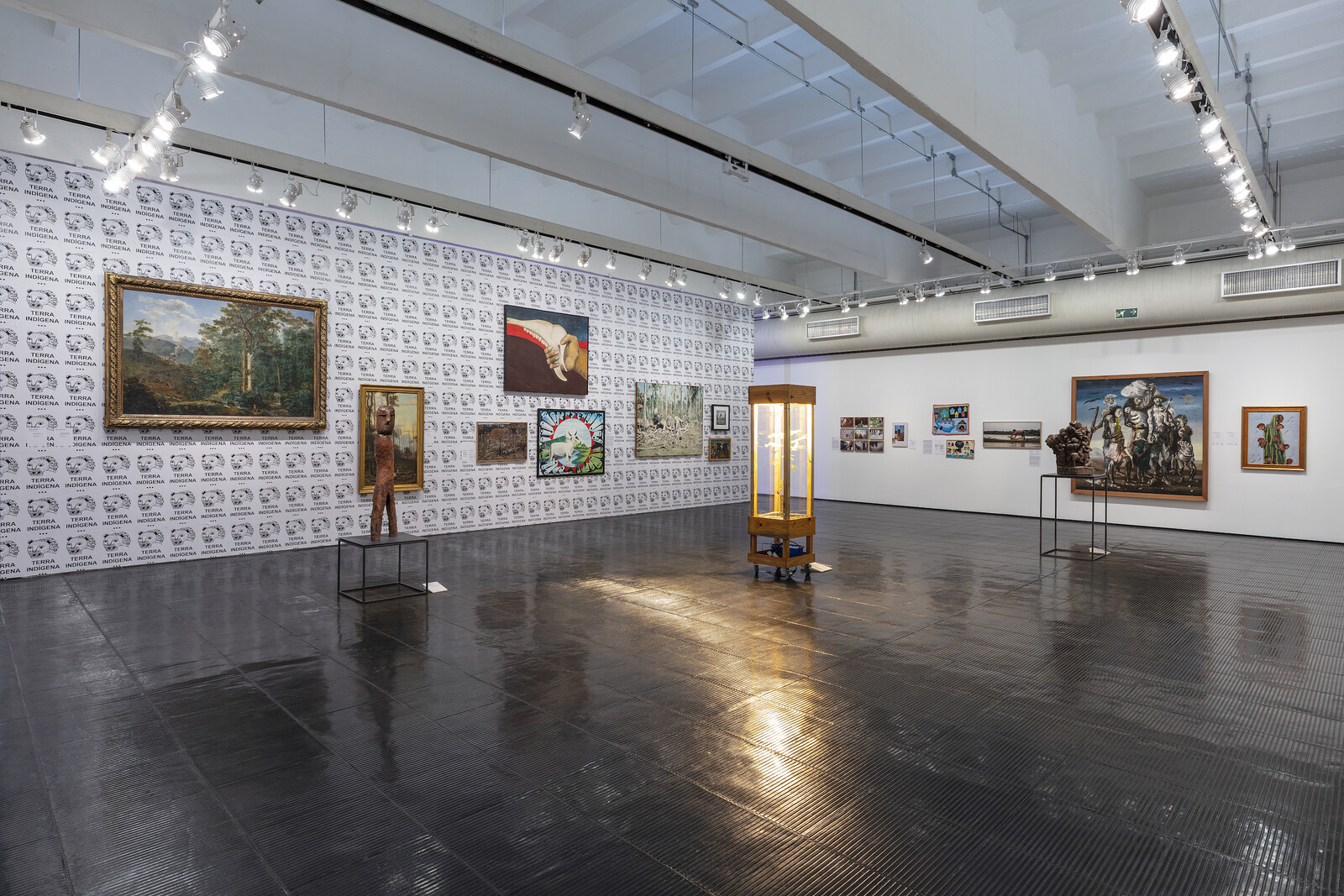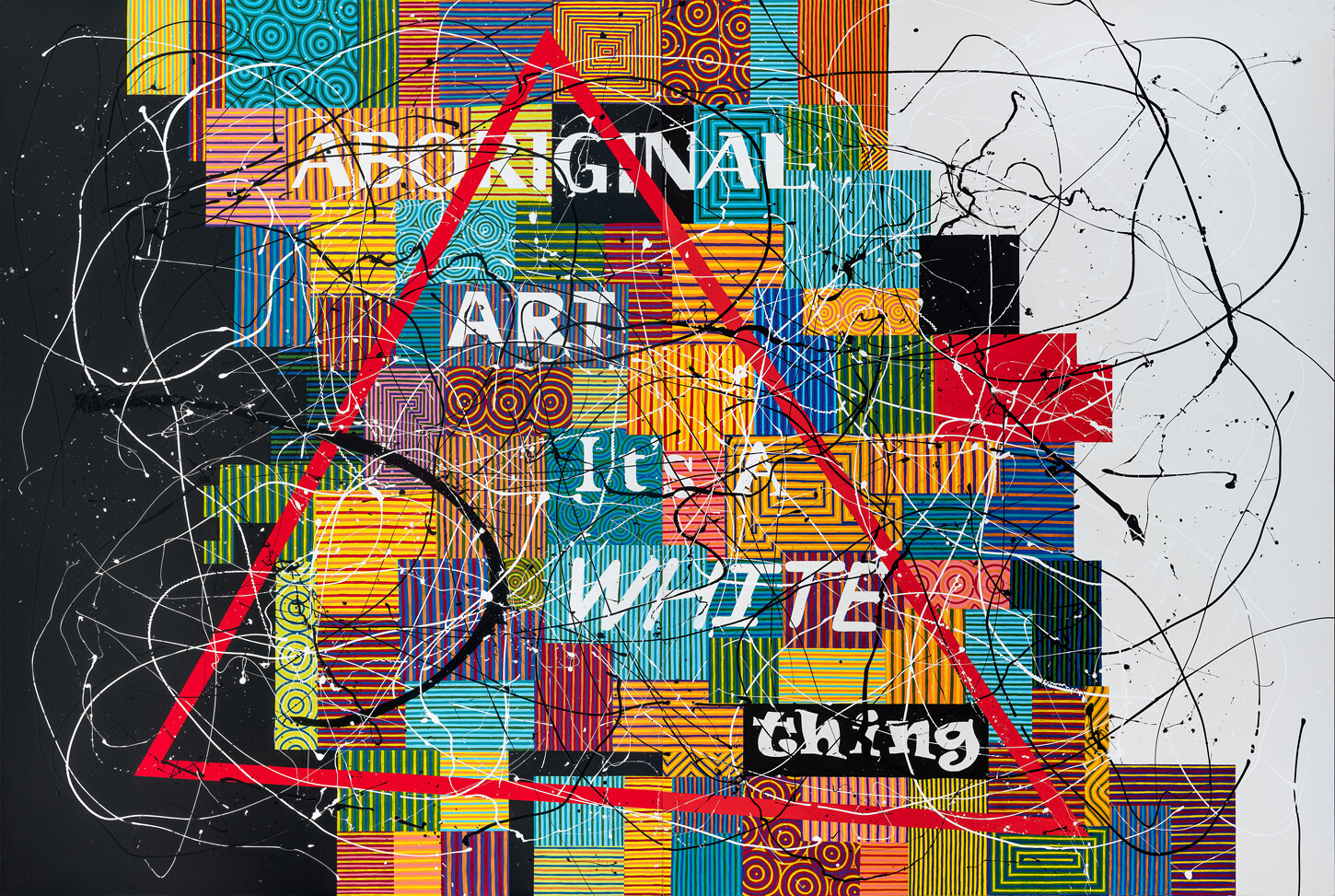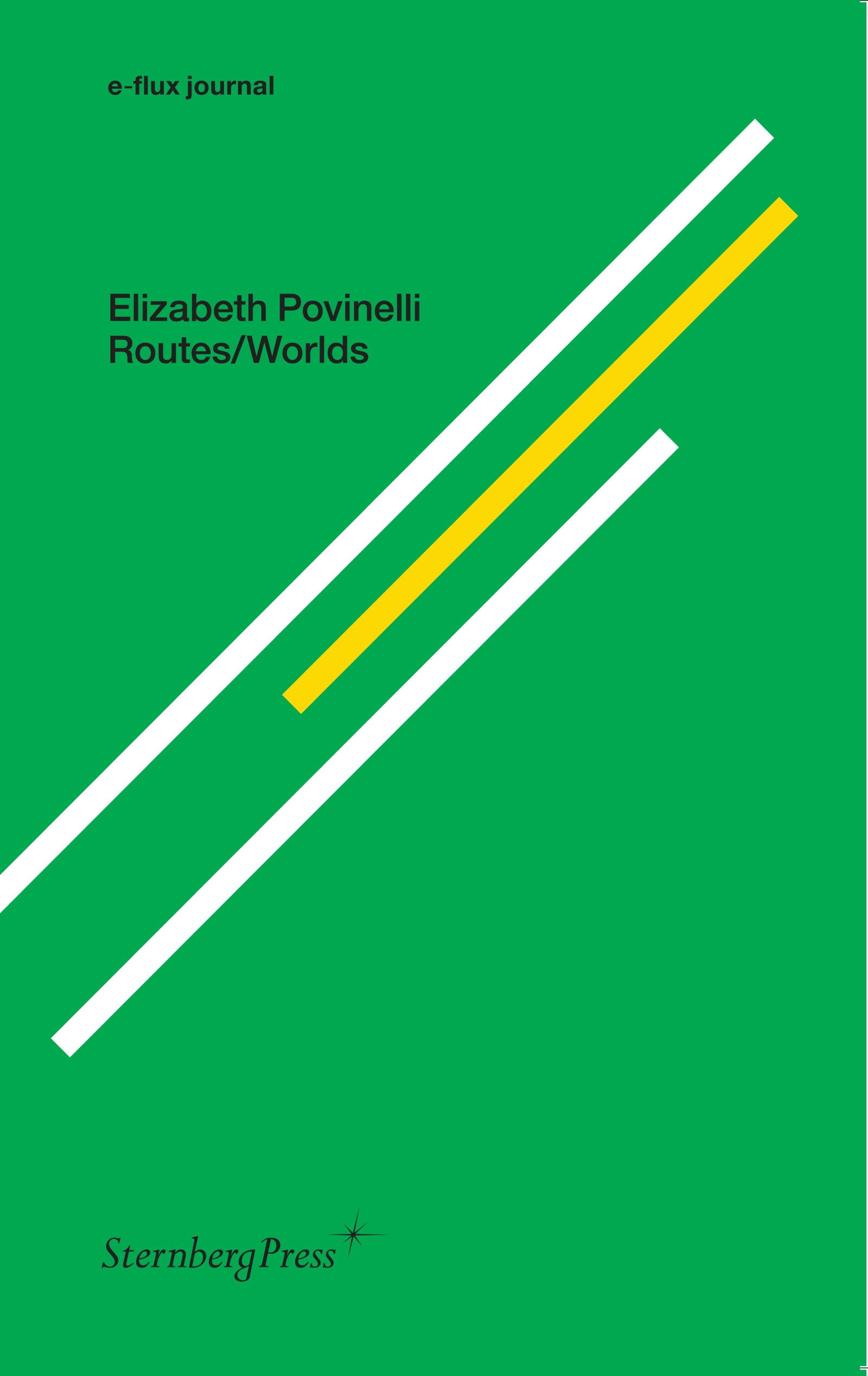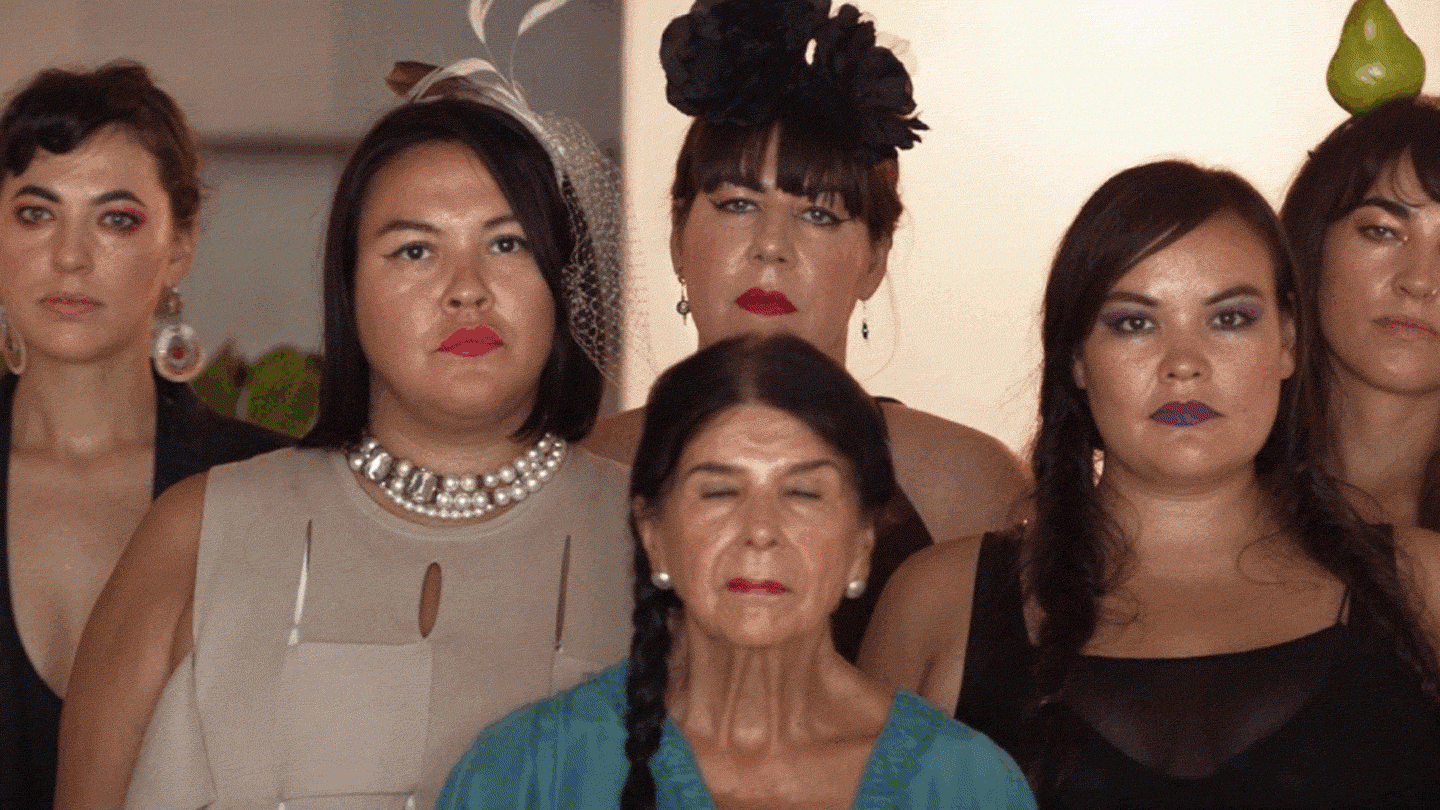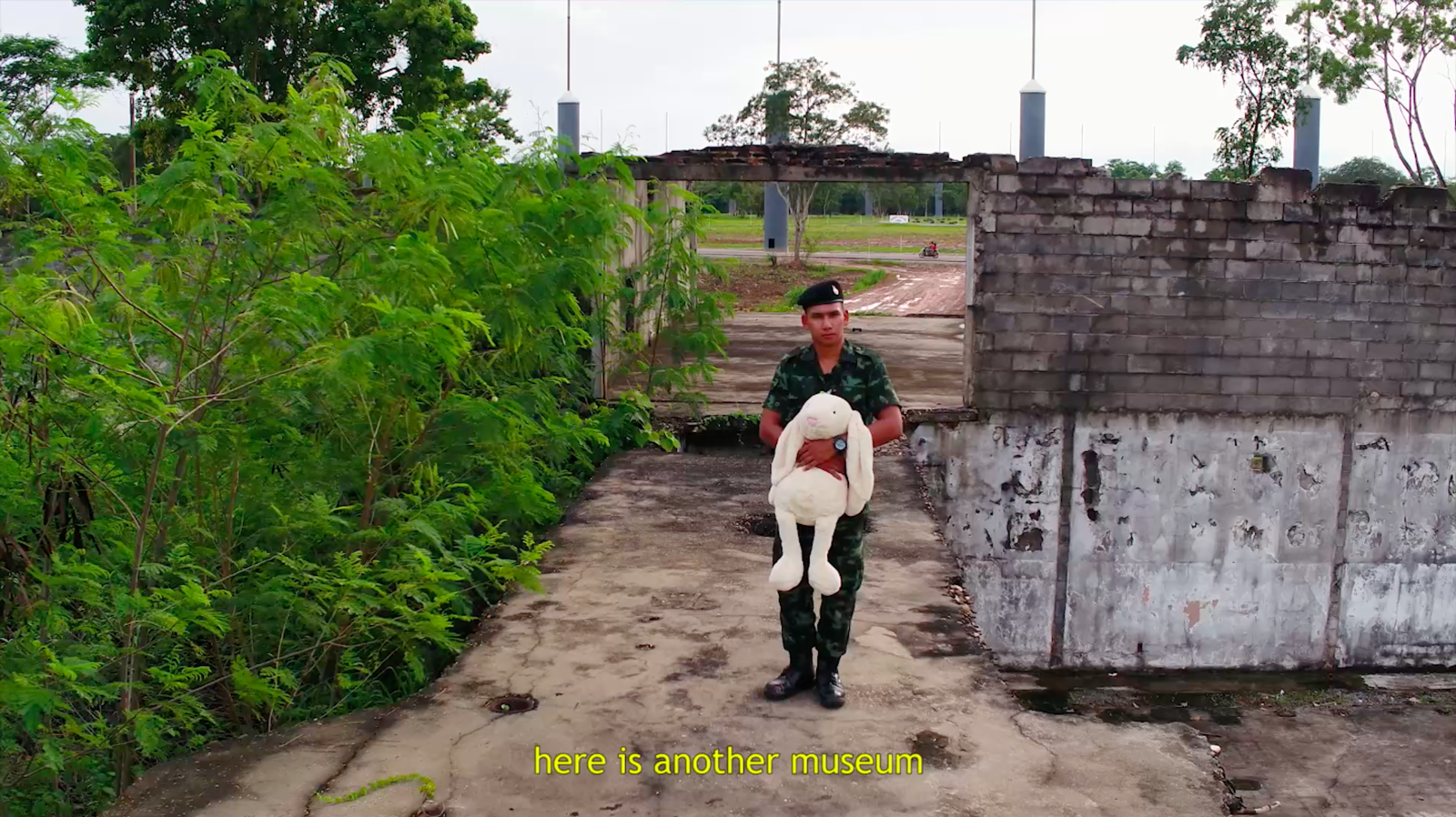If many in the West today have the sense that the world is coming to an end, it is very much their world that is ending; other worlds were invaded and ripped apart long ago, yet the peoples in question refused to disappear—or, as with the Creole populations of the Caribbean, they became an unprecedented people spanning several aboriginal pasts, the long present of (neo)colonialism, and uncertain futures. Meanwhile the extractivist machine keeps accelerating—even amidst the symptoms of planetary collapse. The million-dollar question—to use an inappropriate metaphor—is to what extent contemporary forms of asymmetrical schismogenesis can maintain or produce forms of life in opposition to financialized and racialized capitalism.
Slow Growth
Europeans love nothing better than to indigenize their racist humanism when they themselves are in crisis—it is one of their most dearly loved moves. While the Western world has now fully penetrated the globe with their model of universal competition, the political economy they’ve violently assigned our communities cannot address the situation that any of us now face together. There is no more planet or time left.
Elizabeth Povinelli’s anthropology of the otherwise locates itself within forms of life that run counter to dominant modes of being under late settler liberalism.

